Maldives records highest level of micro plastic pollution on the planet
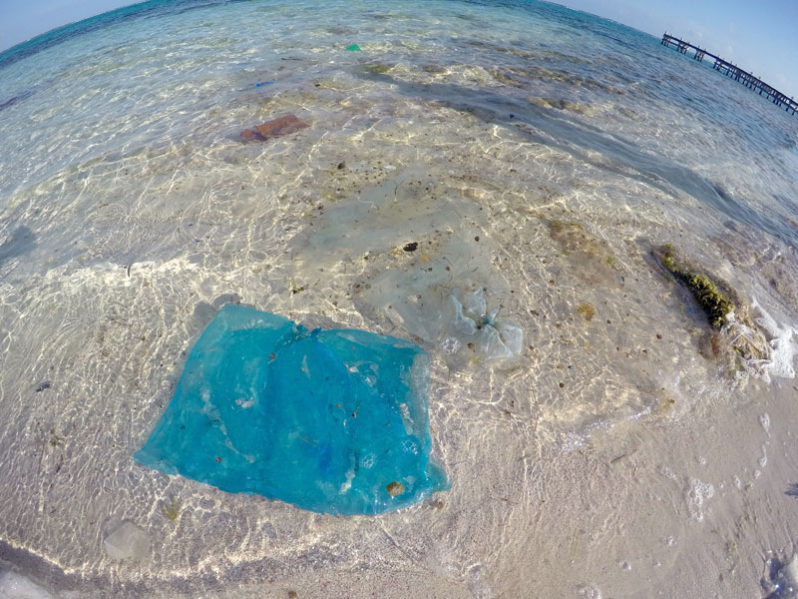
The amount of micro plastic pollution in waters around the Maldives, a global tourist destination known for its beautiful coastline, is amongst the highest in the world and has the potential to severely impact marine life in shallow reefs and threaten the livelihoods of island communities.
Researchers make major, concerning microplastics discovery
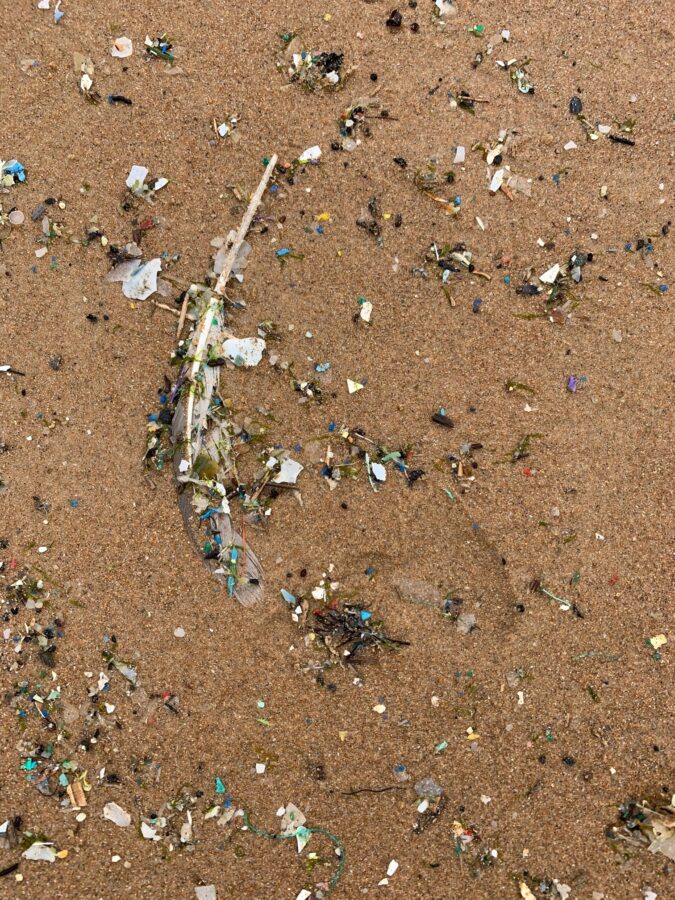
Researchers discovered that microplastics in our freshwaters are being broken down into even smaller nanoplastics. Their findings have significant consequences for the understanding of microplastics in our environment and could have implications for the food chain.
Plastic trash flowing into the seas will nearly triple by 2040 without drastic action
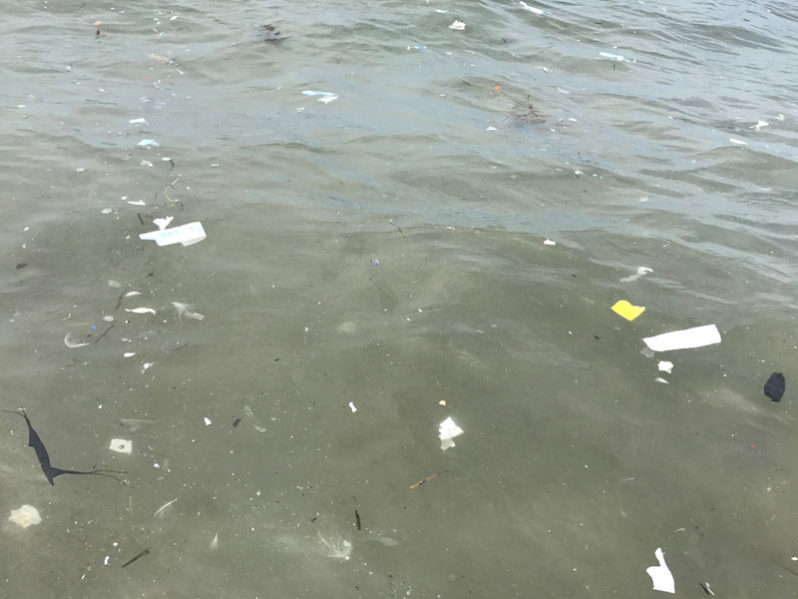
The amount of plastic trash that flows into the oceans every year is expected to nearly triple by 2040 to 29 million metric tons.
A world drowning in plastic pollution: Breaking the Plastic Wave
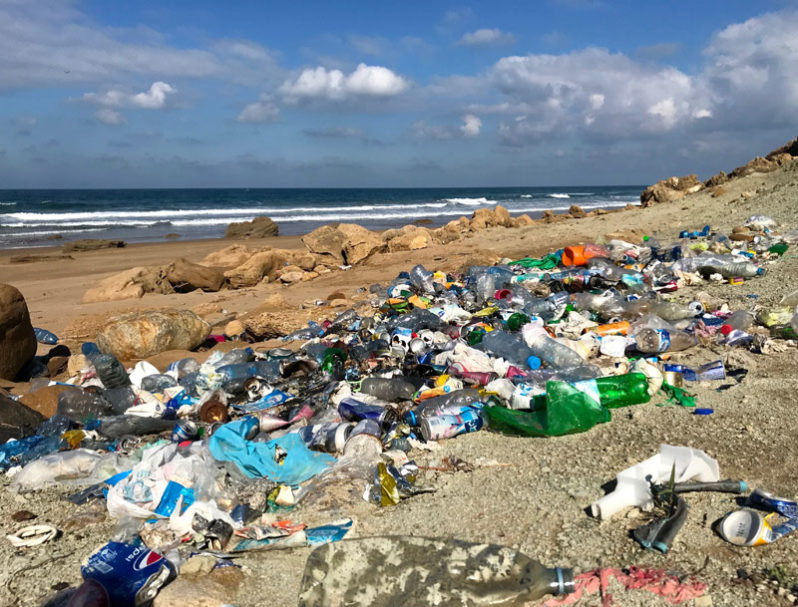
More than 1.3 billion tonnes of plastic will be dumped on land and in the oceans over the period from 2016 to 2040 unless the world acts, say a team of 17 global experts who have developed a computer model to track the stocks and flows of plastic around the world.
Plastics found in sea-bed sharks

Microplastics have been found in the guts of sharks that live near the seabed off the UK coast.
Indonesian activists use a new tool to stop trash from flowing into the sea

An Indonesian environmental group in Bali, Make A Change World, started using ‘floating walls’ to clean local rivers. These barriers are made with wire and pipes that stop rubbish flowing from waterways into the sea.
How we learned more about dangerous pollutants in Lagos lagoon

Lagos lagoon is the largest of four lagoon systems off the Gulf of Guinea. Unfortunately, the lagoon receives enormous amounts of largely untreated industrial and other wastes. Lagos State accounts for most of the country’s industries and is home to an estimated 20 million people.
Surfrider’s 2019 Beach Cleanup Report
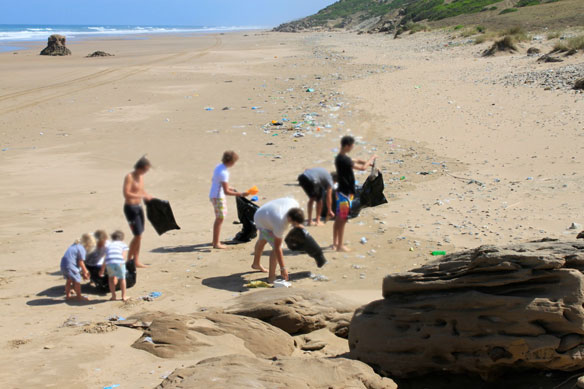
Surfrider released the 2019 Beach Cleanup Report today, confirming that plastic is the most common material found on the beaches and the percentage of microplastics continues to increase. Nine out of the top ten items collected on the beaches were plastic, and 25% of all items collected were plastic fragments smaller than a dime.
Coronavirus and the return of plastic – in pictures
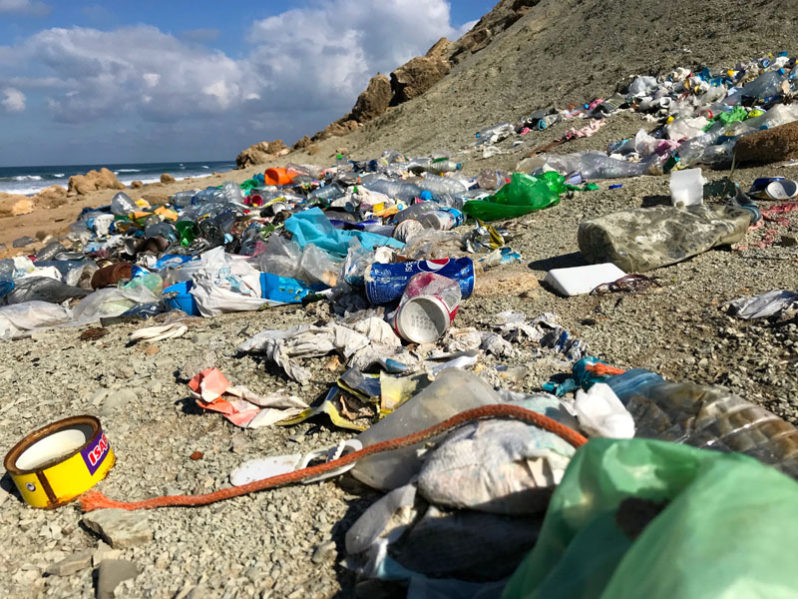
Until recently it was possible to imagine the end of plastic, but Covid-19 has changed the game. Since the pandemic started, there has been a significant increase in plastic waste.
